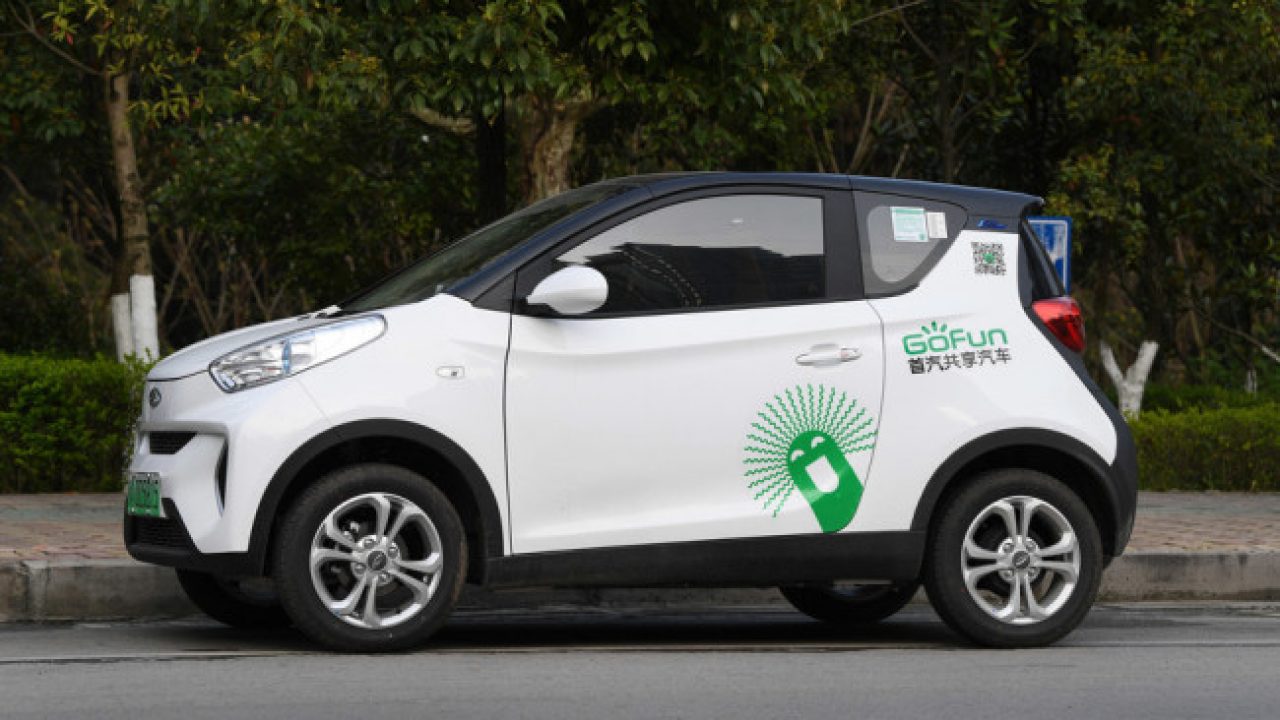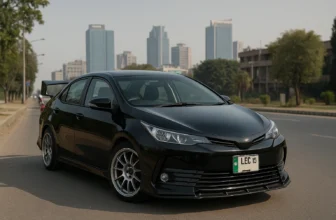
Electric vehicles (EVs) are revolutionizing the global automotive industry, and Pakistan is beginning to embrace this transformative shift. With the promise of reduced environmental impact and economic benefits, the country is poised to navigate a complex yet rewarding journey toward electric mobility.
The Current Landscape of Electric Vehicles in Pakistan
Growing Presence of EVs
The adoption of electric vehicles in Pakistan is still in its infancy, but the market is evolving. From affordable options like the GUGO GIGI to luxury models such as the Audi e-tron GT, a wide variety of EVs are being introduced. However, these vehicles cater to a niche segment due to their high costs.
Government Policies and Incentives
National Electric Vehicle Policy (NEVP)
Pakistan’s National Electric Vehicle Policy (NEVP) lays the foundation for a sustainable future. The government aims to achieve 30% EV penetration in vehicle sales by 2030, driven by incentives such as reduced import duties, tax exemptions, and subsidies for manufacturers and buyers.
Promoting Local Manufacturing
The NEVP also encourages local assembly and production of EVs. By fostering domestic manufacturing, the government hopes to reduce dependence on imports and make EVs more affordable for the average consumer.
Challenges in EV Adoption
1. Infrastructure Deficiency
One of the biggest challenges in Pakistan’s EV journey is the lack of charging infrastructure. Without an adequate network of charging stations, potential buyers are hesitant to invest in EVs, fearing limited usability.
Impact on Consumer Confidence
- Limited access to charging facilities creates range anxiety among consumers.
- Urban centers and highways require significant infrastructure development to support EV adoption.
2. High Upfront Costs
Electric vehicles often come with a higher purchase price than traditional combustion engine cars. This financial barrier limits their accessibility to the masses, despite long-term savings on fuel and maintenance.
3. Public Awareness Gap
A lack of awareness about the advantages of EVs hinders their adoption. Misconceptions about maintenance, performance, and reliability further discourage consumers from transitioning to electric vehicles.
4. Policy Implementation Challenges
Although the NEVP outlines progressive measures, inconsistent implementation creates uncertainty. Delays in execution and unclear regulations reduce the confidence of manufacturers and consumers alike.
Opportunities for Electric Vehicles in Pakistan
1. Economic and Environmental Benefits
Electric vehicles offer a significant opportunity to reduce Pakistan’s reliance on imported fossil fuels. By switching to EVs, the country can cut down its fuel import bill, minimize greenhouse gas emissions, and improve urban air quality.
2. Advancements in Technology
Global advancements in EV technology are making these vehicles more efficient and affordable. Over time, falling production costs and increased competition will make EVs accessible to a broader audience.
3. Growth of Local Manufacturing
Local production of electric vehicles and components can not only reduce costs but also create jobs and stimulate economic growth. Companies like BYD are exploring partnerships in Pakistan to establish assembly plants, paving the way for a robust EV ecosystem.
Potential for Market Growth
- With the right investments, Pakistan could emerge as a regional hub for EV manufacturing.
- Local production can increase affordability and boost adoption rates.
Strategies for Accelerating EV Adoption
1. Developing Charging Infrastructure
A reliable charging network is essential for the widespread adoption of EVs. Public-private partnerships can help establish charging stations across cities and highways.
Focus Areas for Infrastructure
- Urban centers should prioritize fast-charging stations for daily commuters.
- Highways need strategically placed charging points to support long-distance travel.
2. Financial Incentives
To address the cost barrier, the government can offer subsidies, tax breaks, and low-interest financing options. These measures can encourage consumers to make the switch to EVs.
3. Educating the Public
Awareness campaigns are crucial to dispel misconceptions about EVs. Highlighting their cost savings, environmental benefits, and performance capabilities can build consumer confidence.
4. Ensuring Policy Consistency
Clear and consistent policies are vital for long-term planning. The government must streamline regulations to attract investment and provide stability for manufacturers and buyers.
5. Encouraging Local Partnerships
Collaboration between international EV manufacturers and local companies can drive innovation and reduce production costs. These partnerships can also help build technical expertise within the country.
The Road Ahead
Collaborative Efforts for Success
The transition to electric mobility in Pakistan requires a concerted effort from all stakeholders. The government, private sector, and consumers must work together to overcome challenges and seize opportunities.
Unlocking the Potential of EVs
By addressing infrastructure gaps, promoting local manufacturing, and building public awareness, Pakistan can pave the way for a greener and more sustainable transportation system. The future of electric vehicles in Pakistan is full of promise, and the nation has the potential to become a leader in the EV revolution.






